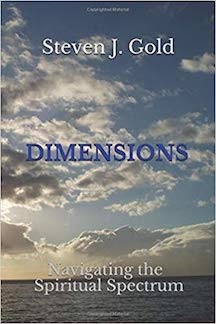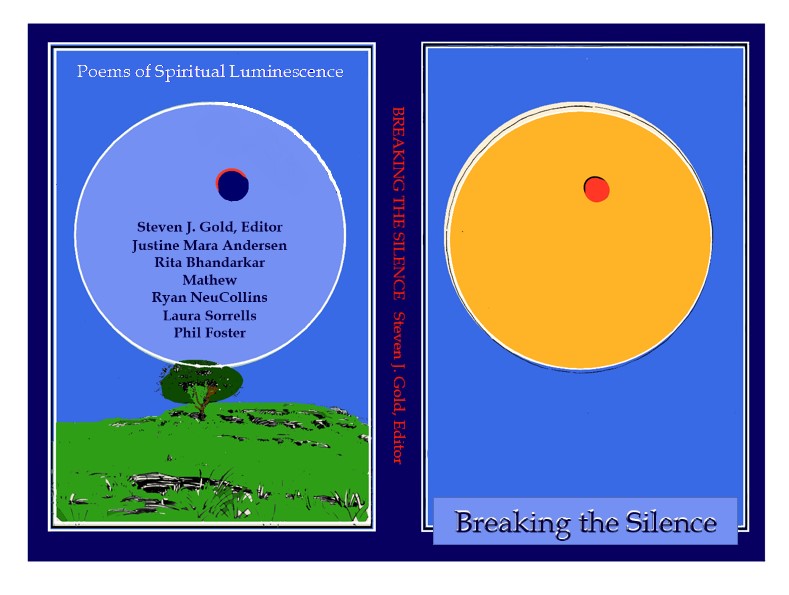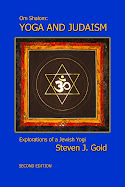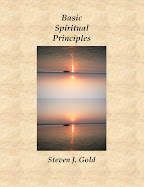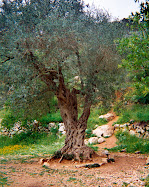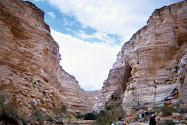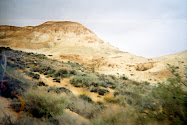Open Orthodoxy “does not mean Orthodox-lite,” he says. “It is following the law but seeing the importance of the outside world: To paraphrase [the early 20th century] Rabbi Kook, there is no such thing as the ‘unholy, there is only the holy and the not yet holy. The study of English, the study of chemistry, the study of art, all have the potential to be consistent with kedusha, to be holy.”
--From a Moment magazine article by Sarah Breger in the November/December 2010 issue regarding Rabbi Avi Weiss and his ordination of the first Open/Modern Orthodox female rabba, Sara Hurwitz

